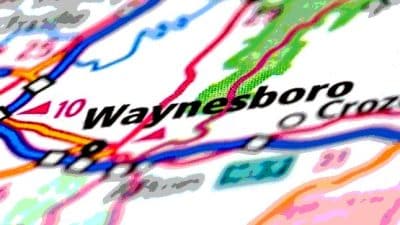
The Police Department has received at least two calls from citizens saying that they were contacted by someone as a part of this scam.
The government grant scam occurs when a citizen gets a call from someone purporting to be from the federal government indicating that he or she is the recipient of a federal grant because of a good record of paying income tax on time. The phone number that usually shows up is from a “202” area code which is Washington, D.C. The scammer indicates that the grant money can be used to pay for education costs, home repairs, home business expenses, or unpaid bills. The claim is the same: your application for a grant is guaranteed to be accepted, and you’ll never have to pay the money back.
Grant scammers generally follow a script: they congratulate you on your eligibility, then ask for your checking account information so they can “deposit your grant directly into your account,” or cover a one-time “processing fee.” The caller may even reassure you that you can get a refund if you’re not satisfied. In fact, you’ll never see the grant they promise; they will disappear with your money.
The Federal Trade Commission says following a few basic rules can keep consumers from losing money to these government grant scams:
- Don’t give out your bank account information to anyone you don’t know. Scammers pressure people to divulge their bank account information so that they can steal the money in the account. Always keep your bank account information confidential. Don’t share it unless you are familiar with the company and know why the information is necessary.
- Don’t pay any money for a “free” government grant. If you have to pay money to claim a “free” government grant, it isn’t really free. A real government agency won’t ask you to pay a processing fee for a grant that you have already been awarded — or to pay for a list of grant-making institutions. The names of agencies and foundations that award grants are available for free at any public library or on the Internet. The only official access point for all federal grant-making agencies is www.grants.gov.
- Look-alikes aren’t the real thing. Just because the caller says he’s from the “Federal Grants Administration” doesn’t mean that he is. There is no such government agency. Take a moment to check the blue pages in your telephone directory to bear out your hunch — or not.
- Phone numbers can deceive. Some con artists use Internet technology to disguise their area code in caller ID systems. Although it may look like they’re calling from Washington, DC, they could be calling from anywhere in the world.
- File a complaint with the FTC. If you think you may have been a victim of a government grant scam, file a complaint with the FTC online, or call toll-free, 1-877-FTC-HELP (1-877-382-4357); TTY: 1-866-653-4261. The FTC enters Internet, telemarketing, identity theft, and other fraud-related complaints into Consumer Sentinel, a secure online database available to hundreds of civil and criminal law enforcement agencies in the U.S. and abroad.










